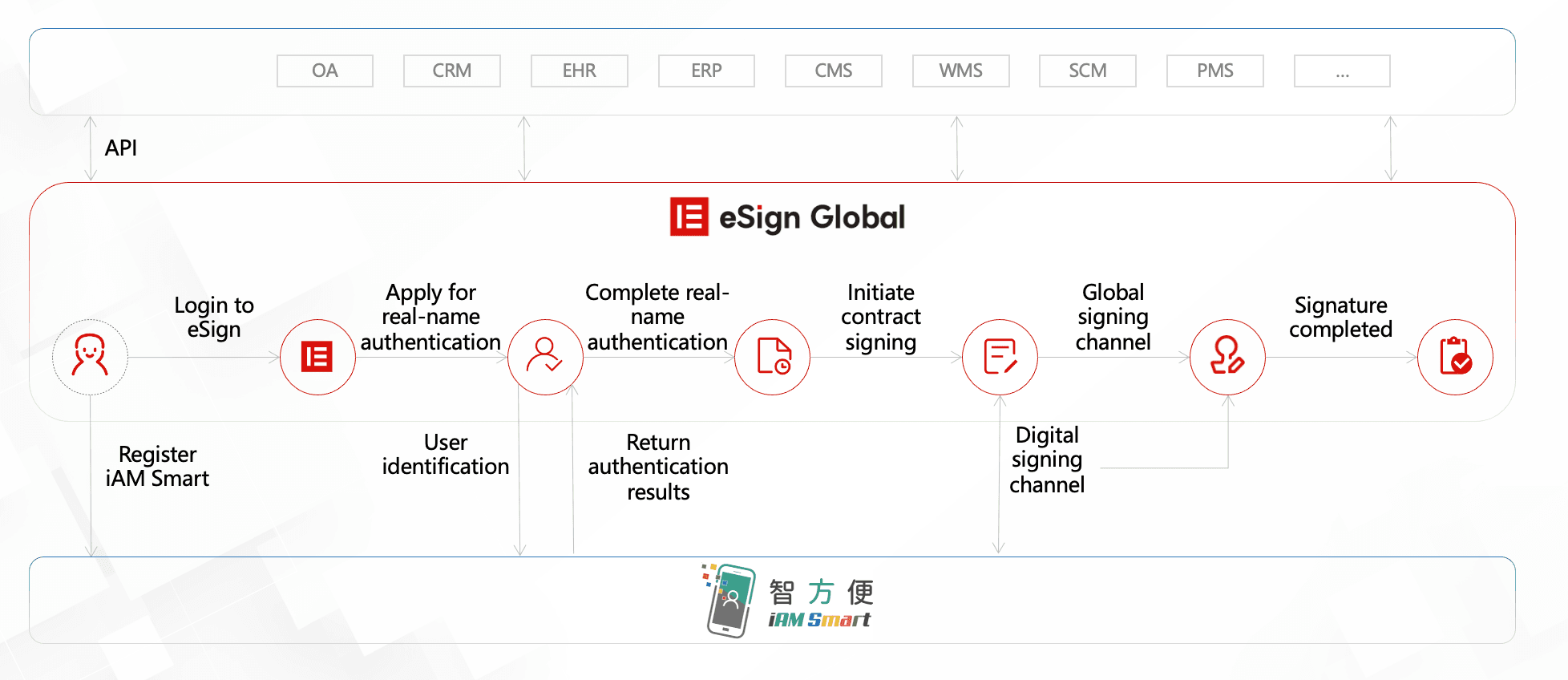how to approve kyc in epf by digital signature





How to Approve KYC in EPF by Digital Signature: A Comprehensive Guide
In compliance with regional statutory requirements across Southeast Asia, including Employment Provident Fund (EPF) regulations in India and other similar schemes in the region, verifying Know Your Customer (KYC) details is a mandatory and critical step for both employers and employees. With the growing digitization of administrative workflows, using a digital signature to approve KYC details in the EPF portal is now considered both secure and efficient—and, in many contexts, legally recognized per local electronic transactions regulations.
This article offers a step-by-step guide on how to approve KYC in EPF using a digital signature, while ensuring you meet compliance guidelines relevant to your region. We will also recommend tools and solutions tailored for users in Hong Kong and the broader Southeast Asian market.
What Is EPF KYC and Why Is It Important?
The KYC process for EPF is essential for authenticating the identity of employees and ensuring the accuracy of account-level data. Validating KYC details—such as PAN, Aadhaar, bank account, and passport numbers—ensures smooth transactions, faster claim settlements, and reduced fraud risk.
For employers, bulk verification and approval of KYC for their employees is a recurring administrative task. Using digital signatures significantly enhances data integrity and audit trails, fulfilling country-specific legal mandates like the Indian Information Technology Act 2000, Malaysia’s Digital Signature Act 1997, or Singapore’s Electronic Transactions Act.
Digital Signature: The Legal Backbone of Online KYC Approval
A digital signature is an encrypted and legally binding electronic form of signing digital documents. Unlike a simple scan of a handwritten signature, a digital signature ensures tamperproof authenticity, timestamping, and verification of the signatory’s credentials through a Certificate Authority (CA).
In many ASEAN and APEC countries, digital signatures hold the same legal standing as traditional handwritten signatures. Therefore, authorities like India’s EPFO allow and encourage the use of notified digital signatures (Class 2 or Class 3 DSC) for tasks such as employee KYC approval.

Step-by-Step Guide to Approve KYC in EPF Using Digital Signature
Here’s a detailed walkthrough for employers or HR personnel looking to approve employee KYC using a digital signature within the EPF portal:
Step 1: Obtain a Valid Digital Signature Certificate (DSC)
To begin, make sure you have a valid Digital Signature Certificate issued by a recognized agency. The DSC should be in compliance with your local government IT laws, and in India, it must be a Class 2 or Class 3 certificate from an authorized issuing authority.
The DSC token must be installed on your machine with the relevant drivers (commonly provided by the issuing CA). This physical cryptographic device is essential for secure signing operations.
Step 2: Register Your DSC on EPFO Employer Portal
To approve KYC via digital signature, you need to register your digital signature on the EPFO Unified Employer Portal.
- Log in to the Employer EPF Unified Portal at https://unifiedportal-emp.epfindia.gov.in
- Select the ‘Establishment’ tab
- Click on ‘DSC/E-SIGN’ then choose ‘Register DSC’
- Plug in your DSC token and choose your signature from the list
- Make sure ‘Java’ or ‘eMudhra DSC client’ is installed depending on the browser compatibility
- Follow on-screen instructions to complete registration
Once registered, the digital certificate remains valid unless revoked or expired, allowing you to perform signatory actions without re-registering each time.
Step 3: Approving Employee KYC Requests
After employees submit their KYC details, it’s time for employer-side digital approval:
- Log into the EPFO portal under your employer credentials
- Navigate to ‘Member’ → ‘Approve KYC Pending for DS/E-sign’
- Select the employee records that require KYC approval
- Click ‘Sign with DSC’
- When prompted, insert your cryptographic token and select the certificate from the DSC selection window
- Click ‘Sign and Approve’
Upon successful validation, the EPFO server will confirm the KYC approval, and the employee profiles will reflect updated verification status.
Step 4: Download Approval Log for Records
Post-approval, you can download the audit log or status sheet showing when and by whom the KYC details were approved. This is especially useful for audit or labor compliance reports under regional digital records regulations.
Common Compliance-Related Pitfalls to Avoid
- Always ensure the DSC is government-compliant (i.e., issued by licensed Certifying Authorities)
- Do not use expired or revoked certificates
- Update browser compatibility settings if the portal throws errors while loading Java Applets
- For multi-location HR teams, standardize the signing process using secure cloud-based signature solutions compatible with legally recognized frameworks

eSignGlobal Tip: Automate Repeat Signature Workflows
If you are a company or HR service agency processing hundreds of KYC approvals, it becomes labor-intensive to repeat the same manual DSC process. Solutions like eSignGlobal support API-integrated bulk operations, advanced signing analytics, and region-specific compliance assurance—combining scalability with statutory security.
Many Hong Kong- and Singapore-based firms use eSignGlobal to batch-verify and sign employment-related documents, including KYC, statutory remittances, and offer letters. This ensures their processes remain efficient and fully compliant with ISO/IEC 27001 and GDPR standards.

FAQ: Troubleshooting Digital Signature Approval in EPF
Q1: I get an error while selecting my DSC in the EPFO portal.
A: Ensure your token drivers are installed correctly and Java is enabled in your browser (preferably Internet Explorer or legacy Java-ready browser).
Q2: Can I use an electronic signature instead of a digital signature?
A: No, EPFO currently only supports digital signatures that are DSC-based and compliant with the Indian IT Act, 2000.
Q3: My DSC has expired. How do I update it on the portal?
A: You need to re-register the new DSC in the same manner as your prior registration on the EPFO portal.
Regional Alternative: eSign Solutions for Hong Kong & Southeast Asia
If your organization operates in Hong Kong or other Southeast Asian countries, you may encounter situations where approving government KYC via India-based DSCs is not practical. In such cases, using a recognized international digital signature platform like DocuSign may suffice—but for enterprise and statutory applications, especially locally within Hong Kong’s ETO legal framework, we recommend using solutions like eSignGlobal.
This platform provides:
- Hong Kong ETO and Singapore Electronic Transactions Act compatibility
- Biometric and multi-factor authentication
- Built-in timestamping and audit trails for HR and payroll documentation
- Localized compliance support for Malaysia, Indonesia, and Vietnam

Conclusion
Approving employee KYC in EPF via digital signature is not just a digital convenience—it’s a legal and procedural imperative aligned with national and regional compliance laws. By understanding the steps, employer responsibilities, and proper toolsets, organizations can eliminate inefficiencies and ensure full statutory adherence.
Whether you’re managing a local HR team in Bangalore or running a multi-national payroll hub from Singapore or Hong Kong, adopting a secure and compliant digital signature protocol—such as those supported by eSignGlobal—will help future-proof your KYC processes within EPFO and beyond.

 Only business email allowed
Only business email allowed


